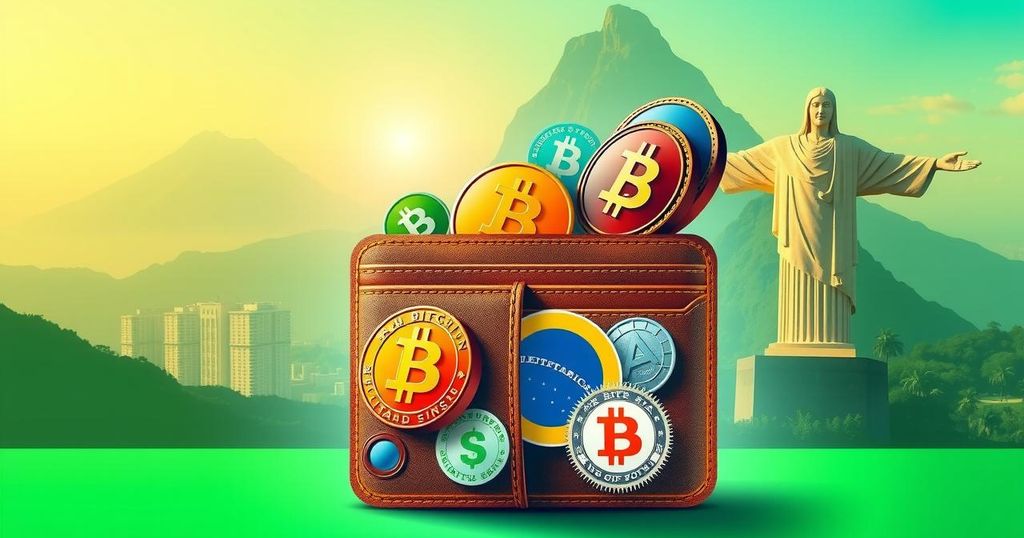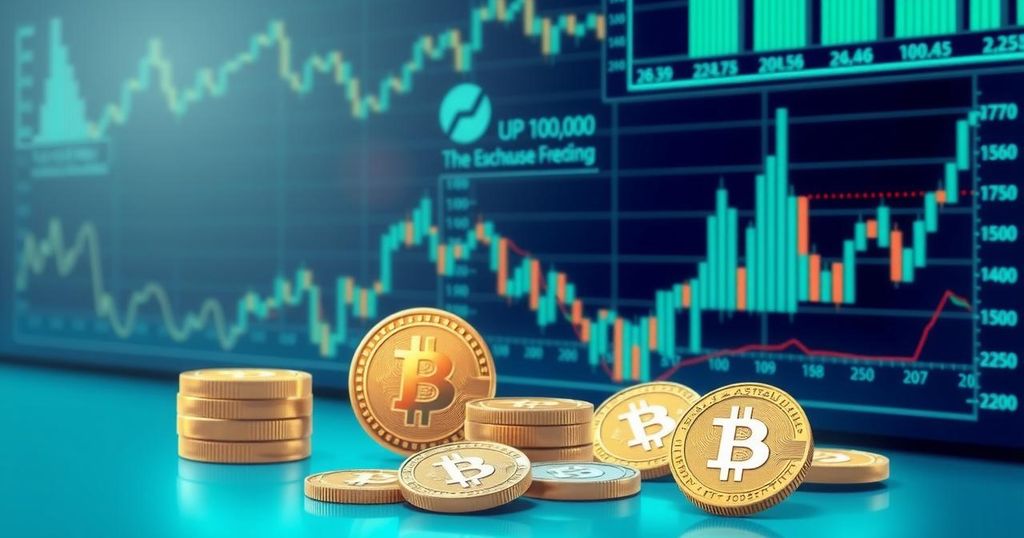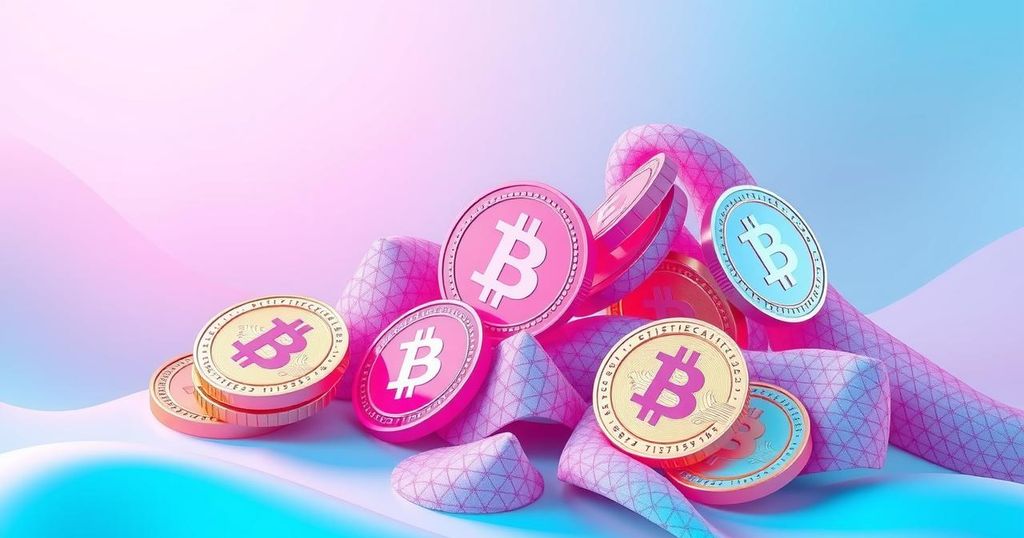Binance Pay Teams Up With Pix for Instant Crypto Payments in Brazil
Binance has integrated its Binance Pay with Brazil’s Pix payment system, allowing instant crypto payments in Brazilian reais. This integration is expected to enhance cryptocurrency usability in Brazil, where Pix is widely adopted. With rapid transaction speeds and support for over 100 cryptocurrencies, this move could significantly boost crypto adoption in the country, according to Binance executives.
Binance, the giant in the cryptocurrency sphere, has just upped its game by integrating with Brazil’s Pix payment system. This new partnership allows users to handle instant payments in Brazilian reais, leveraging crypto assets across the nation. According to Guilherme Nazar, Binance’s Regional VP for Latin America, this move could significantly enhance the usability and adoption of cryptocurrencies in Brazil, especially considering that Pix is already well-known among the populace.
With the integration of Binance Pay into the Pix system, Brazilian users can make swift payments directly from their Binance exchange accounts to any eligible bank account. Payments can also be made to merchants who accept Pix. The transactions are remarkably quick, with cryptocurrency values converted into Brazilian reais almost instantaneously. This integration supports over 100 cryptocurrencies, making it a huge step towards normalising crypto in daily financial activities.
Richard Teng, the CEO of Binance, hailed this development as a revolutionary milestone in the financial sector. “By linking the innovative capabilities of Binance with Brazil’s advanced payment system, we are enabling fast and accessible transactions,” he stated. Teng emphasised that this synergy not only enhances the crypto experience but also promotes financial inclusion, pushing boundaries further in both Brazil and global markets.
Echoing this sentiment, Guilherme Nazar called the Binance Pay and Pix integration a “significant milestone.” This is the first instance of Binance Pay being included with a national payment system globally. Nazar underscored that this feature will allow Brazilian users to spend their cryptocurrencies easily and securely in a familiar system, likely encouraging larger-scale adoption of digital assets in everyday commerce.
Pix, which the Central Bank of Brazil introduced in 2020, has quickly gained traction, with over 174 million users. It facilitates approximately six billion transactions monthly. Recent data from the Central Bank indicates that a staggering 76.4% of Brazilians are now using Pix, even outpacing cash and debit card usage, which stands at 68.9% and 69.1%, respectively.
Nazar pointed out that as payment methods evolve, so too do consumer habits. He noted, “Payments are among the most straightforward applications of cryptocurrency. The fusion of Binance Pay with Pix is set to make these sorts of transactions second nature for users already accustomed to using Pix, potentially accelerating digital asset growth in the country.”
With around 17.5% of Brazilians reportedly owning cryptocurrencies, Brazil ranks as the sixth-largest market for crypto adoption worldwide. A survey by the Instituto Locomotiva for Binance revealed that 42% of Brazilian investors have dabbed into digital assets, which is on par with the percentage of individuals who have investment funds or stocks.
To get a better understanding of how Pix works in conjunction with Binance Pay, more information can be found online.
In terms of details about Binance Pay itself, it’s worth noting that this feature allows users to securely and seamlessly send, receive, and pay in crypto without gas fees while supporting over 300 cryptocurrencies. It’s designed for both users and merchants, aiming for a broader reach across various markets. According to Binance, the platform caters to more than 40 million users and about 32,000 merchants globally. They certainly maintain a robust presence with claims of serving over 270 million people across more than 100 nations, solidifying their status as the largest crypto exchange worldwide.




Post Comment